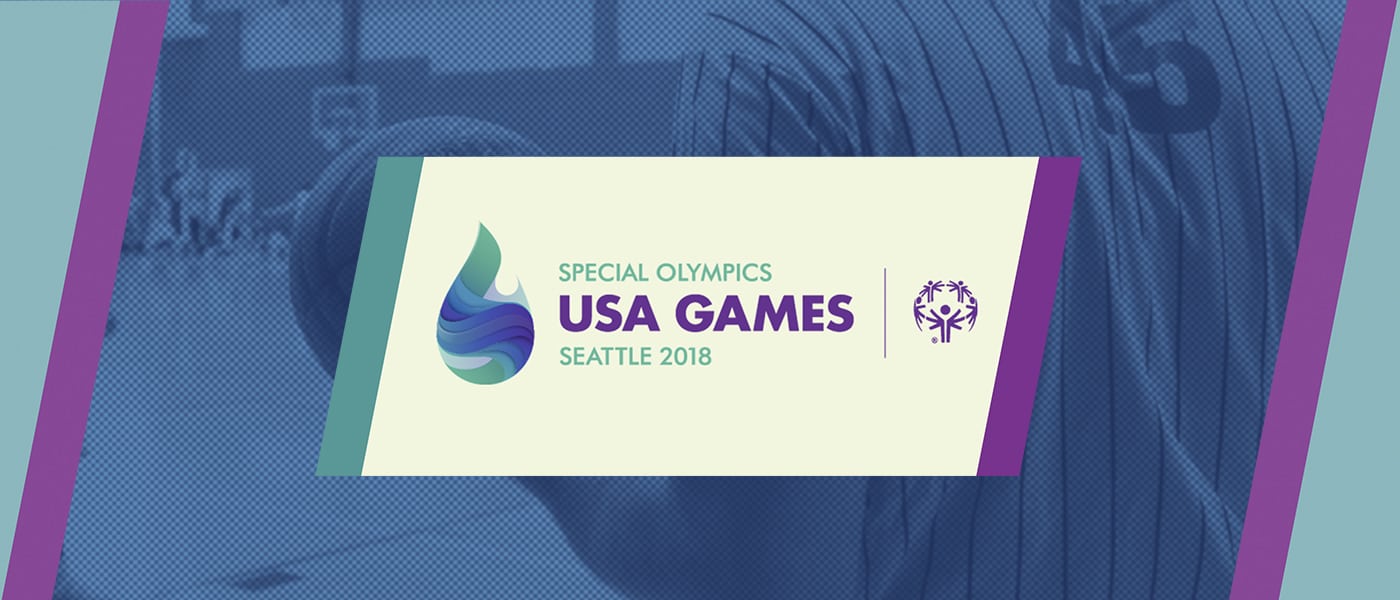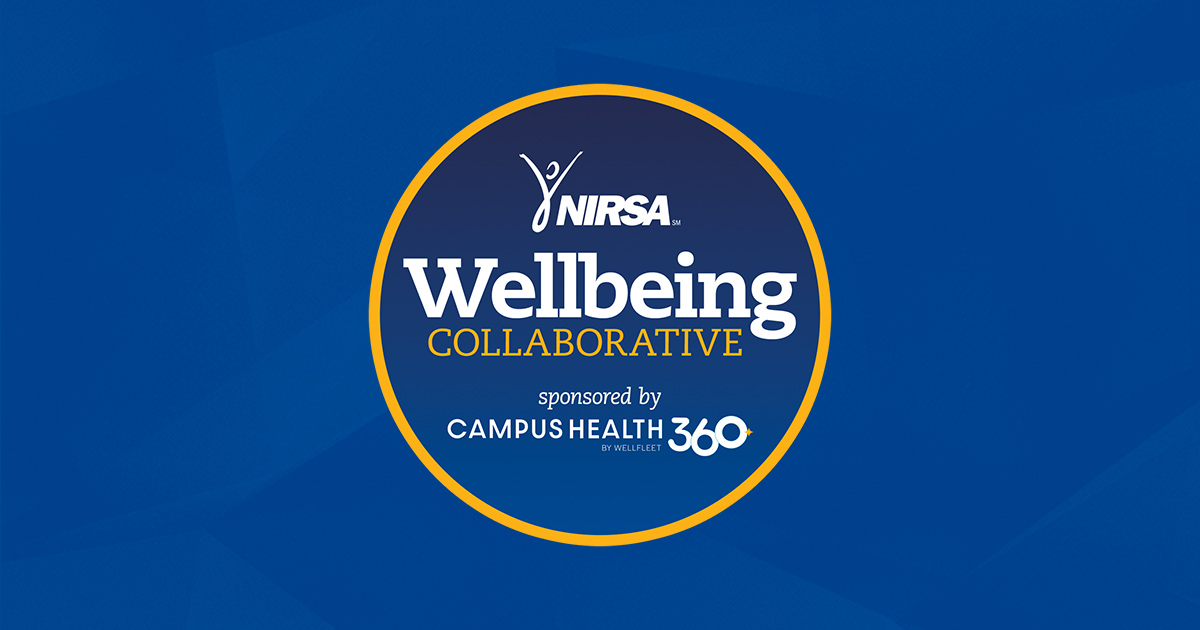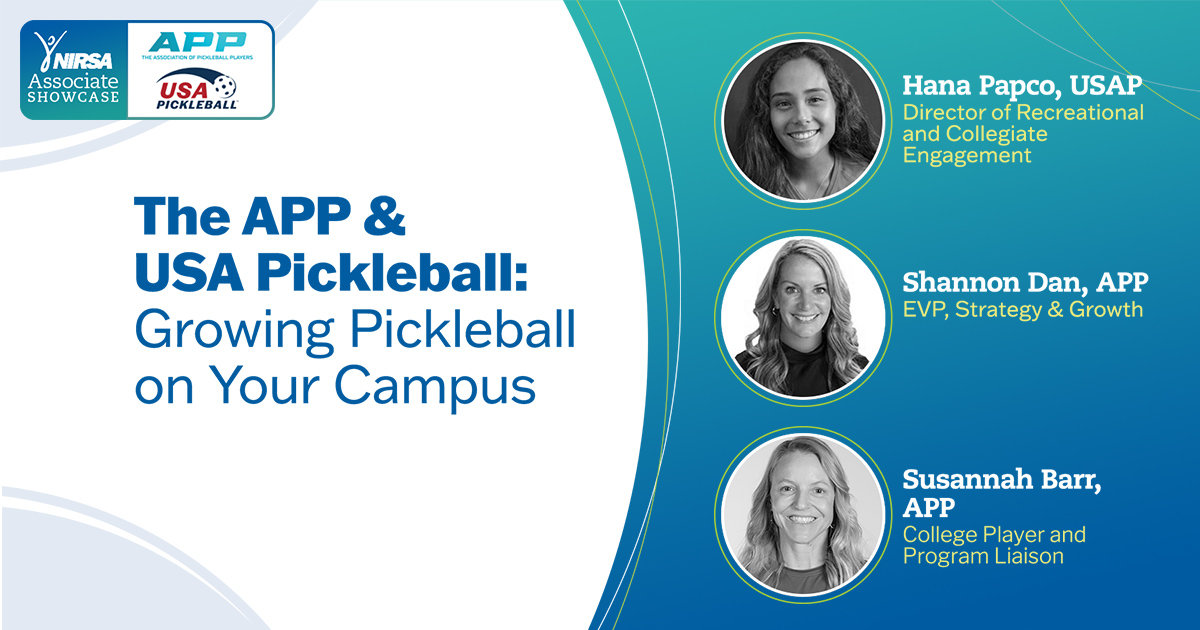This July more than 4,000 Special Olympics athletes and coaches from all 50 states and the District of Columbia will gather in Seattle to compete in 14 individual and team sports before tens of thousands of friends, family, and fans. The Special Olympics USA Games, held every four years, showcases the power and joy of sport at the highest level and promotes the barrier-breaking power of sport to advance inclusion and acceptance.
“We are looking forward to rolling out the red carpet for the athletes, coaches, and visitors who’ll be traveling to Seattle for the USA Games in July 2018,” says Washington Governor Jay Inslee. “These games will be the biggest sporting event to hit the Seattle area in more than 25 years. It is an honor to host this world-class event and model to the rest of the nation what it means to be a community that embraces the ideals of diversity, acceptance, and inclusion.”
Modeling such values, particularly through the platform of sport, aligns with the mission of NIRSA and work of its member. NIRSA’s partnership with Special Olympics is blossoming because of our shared dedication to the promotion of inclusion, community, and health for all through participation in sport.
As part the Association’s ongoing partnership with Special Olympics, there will be four more special guests Seattle is rolling out the red carpet for – NIRSA student officials. The four student officials were selected to take part in officiating Flag Football at the USA Games after having proved their excellence, skill, and commitment not just on their own campuses but at NIRSA regional and national tournaments as well.
We’re proud to introduce these four officials – and prouder still to have them on the field, representing NIRSA. Though they come from different schools, backgrounds, and even paths into officiating, they all share a clear passion for both officiating and the mission of Special Olympics Unified Sports.
Jordan Leslie
“I take great pride in officiating and work tirelessly training, studying, and learning new techniques to be the best official I can be.”
Institution: First year graduate student at Eastern Illinois University
NIRSA Officiating Highlights: NIRSA Region III Flag Football Official – Grand Valley State University (2015); NIRSA Region III Flag Football All Tournament Committee – University of Wisconsin (2017).
Getting started: Jordan’s father umpired his Little League games and, when he turned 15, he followed suit. He loved the opportunity to give back to his community and decided to continue looking for officiating roles in college.
The benefits of Unified Sports on campus: Coming from Central Michigan University, well-known for its robust Unified Sports programming, Jordan is already familiar with the rewards of having Unified Sports on campus. He credits the program with creating “a positive buzz” in the community and notes the “officials and staff benefit from building relationships with the athletes.” Perhaps most importantly, Unified Sports “allow the officials to develop and add sport related experiences that make them better people in our society.”
Quality of play: “These games require the same amount of focus and concentration from officials,” Jordan asserts. “The athletes are extremely competitive and do not let their disabilities hold them back. As the Unified movement is expanding, the number of quality teams is increasing.”
Haile Stewart
“There is something about breaking down a play as it happens that just gives you a cool perspective on the sport. I love being a facilitator and steward of the game.”
Institution: Second year graduate student at University of Tennessee, Knoxville
NIRSA Officiating Highlights: University of Florida Swamp Bowl 2016 – Championship Official; Western Kentucky University 2016 – Championship Official; Southern Mississippi 2016 – All Tournament Staff; Western Kentucky University 2017 – Officials Committee; Southern Mississippi 2017 – All Tournament Committee
Getting started: A lifelong sports lover, Haile needed a part-time job once she got to college. She chose to work as an intramural sports official as a way to both earn money and stay connected to sports.
Tournament goals: Haile is hoping to advance her communication skills. Haile works closely not just with the officiating community, but with the deaf community as well; in both communities, communication is at the crux of each interaction. “I am always finding ways to enhance my communication,” she says. “To me, enhancing communication skills equals growth – growth as an official, but also as a human being.”
Importance of participating the USA Games: “I have personally witnessed the unifying nature that sports bring to our society. I would like to be an advocate and a developer of that initiative,” Haile says. “Winning and losing together creates a special bond between participants, but I also believe it has the ability to affect onlookers. Most people have an appreciation for hard work and greatness. I think [that’s] a commonality between most humans.”
Mia Stewart
“I am continually inspired to advance to higher levels in officiating through the support and guidance offered by NIRSA clinicians and professionals.”
Institution: Fifth year student at Cornell University
NIRSA Officiating Highlights: Springfield College: 2015, 2016 (All Tournament), 2017 (All Tournament); University of Maryland: 2016, 2017 (All Tournament); NIRSA National Championships 2017, 2018 (All American)
Getting started: Mia’s start in intramural officiating came from needing an on-campus job and a desire to stay active – “but it’s become so much more.” After attending a multi-day flag football officials development workshop at NIRSA’s 2015 Region III tournament, she felt “completely blown away not only be the knowledge the clinicians possessed with regards to flag football, but by their dedication and enthusiasm towards developing student officials.” From here, she was hooked.
Tournament goals: At the USA Games Mia will be focused on improving her game management, particularly with coaches, whom, she says, can make or break a game. “Establishing a good working relationship with coaches…is a skill that is applicable in any level of game management and can be transferred to life outside of officiating. An official’s improvement with game management can be hard to quantify, but I will judge my success in this area on a play-by-play and game-by-game basis…Based on [my] post-game reflection, I can evaluate areas I need to improve on.”
More the same than different: Mia acknowledges there are differences in officiating Unified games – they can be “challenging due to the diversity of athleticism within teams” and they’re also notable since “both athletes and partners alike play with heart and compassion that is rarely seen in other games.” She regards the overall level of play, though, as similar to that of other divisions. And, ultimately, “each team has their own strengths and weaknesses and style of play, which requires officials to adapt from game to game, just like all other tournaments.”
Dustin Sturdivant
“[My NIRSA tournament] experiences and my success has driven me to get better every time I step on the field.”
Institution: Fourth year student at Stephen F. Austin State University
NIRSA Officiating Highlights: University of Texas at Dallas 2016, 2017 (All Tournament); University of Nebraska 2016, University of Southern Mississippi 2016, 2017 (All Tournament), NIRSA National Championships 2017 (All American)
Getting started: A multi-sport official with several All-Tournament honors under his belt, Dustin had the opportunity to converse with several experienced officials at his first Flag Football NIRSA National Championship tournament – an experience he calls, “eye-opening.” It led him to sit down with his coordinator and “set a career goal to become a Flag Football All-American and one day a college football official.”
The Unified Sports environment: Dustin praises the positive and enjoyable environment Unified Sports create for all involved – officials included. “While everyone is there to win, everyone has such great sportsmanship and love for each other,” he says. “It’s the only time I have thrown a flag on a team and got a legitimate high five from the team I threw the flag on!”
Quality of play: “The level of play during Unified games is very technical,” Dustin notes. “Most of the Unified teams I have seen are better coached than most traditional flag football teams, even at the national level!”
Four officials, one week, infinite impacts
Jordan, Haile, Mia, and Dustin will not only be representing NIRSA while gaining invaluable development experience this summer. They will be impacting thousands of Special Olympics athletes and spectators and helping to build social wellbeing and inclusive environments – lessons they can take back to their campuses and into their lives after graduation.
The 2018 Special Olympics USA Games will celebrate the Special Olympics movement and its 50th anniversary. It will also highlight the organization’s work in education, health, and community-building – conversations with strong parallels to the integrated wellbeing conversations currently happening on college and university campuses.
Tune in to the Games!
Can’t make it to Seattle to enjoy the festivities and athleticism in person? Like any other major sporting event, you can follow along on ESPN!
ESPN, the official media partner of the 2018 USA Games, will begin its coverage on July 1 at 3:30 p.m. ET with the live telecast of the Opening Ceremony. There will be evening studio programs from Seattle throughout the weeklong event, airing primarily on ESPN2 with the Opening Ceremony and highlights from the Closing Ceremony appearing on ABC. All programs will be available to stream live on the ESPN App as well.
For more information on the 2018 Special Olympics USA Games, you can follow them on Facebook, Twitter, and Instagram.
- For more information, please contact NIRSA Director of Sport Programs, Valerie McCutchan, or the lead for NIRSA officials at the 2018 USA Games, Brooke Turner.
Erin O'Sullivan is currently the Senior Director of Initiatives and Impact at NIRSA.







